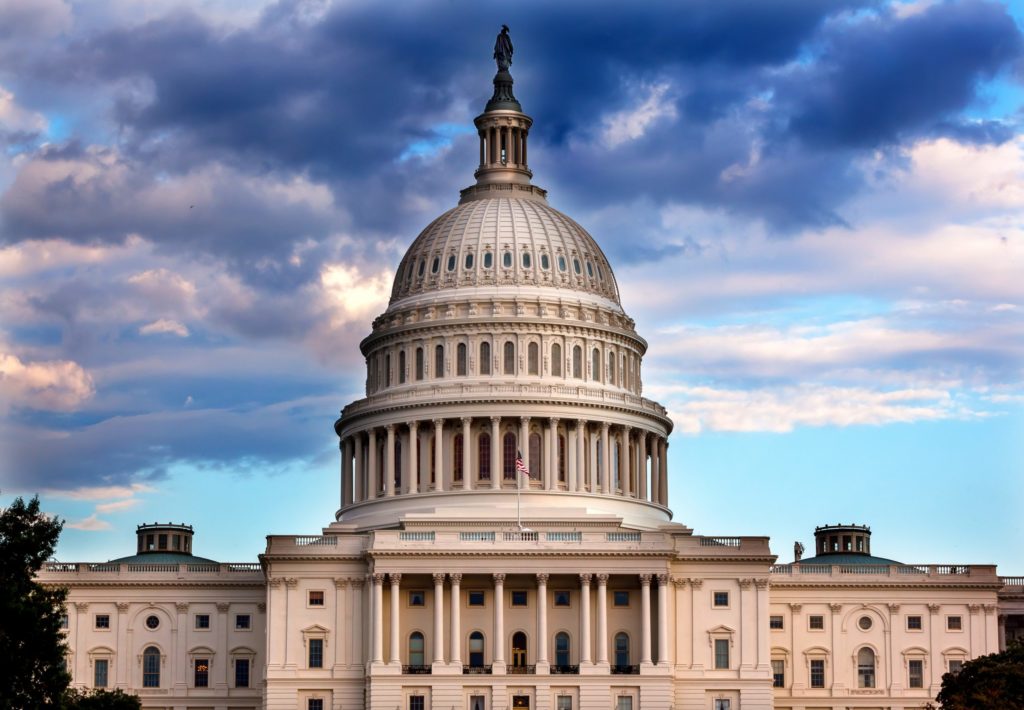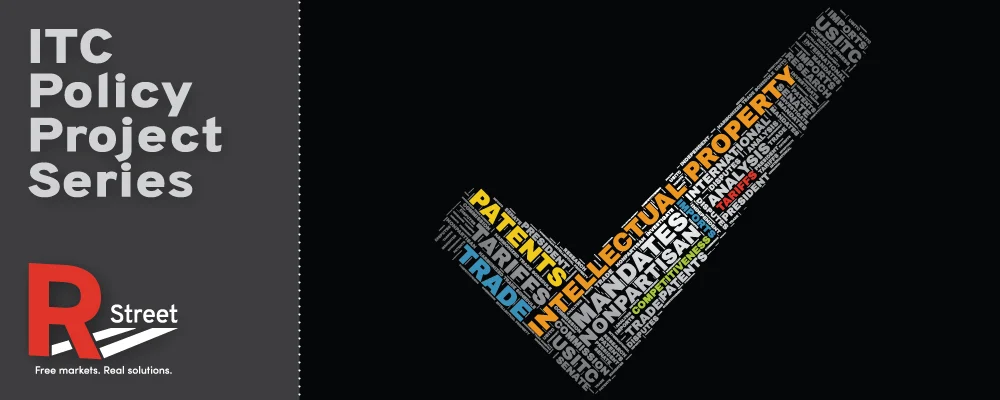FTC and DOJ’s New Guidance on Mergers: Don’t
The Biden administration has made their desire to enforce antitrust law abundantly clear, but companies have been left under a pall of uncertainty as to how that will work in practice. While the Federal Trade Commission (FTC) and Department of Justice (DOJ) were quick to rescind existing guidelines for reviewing corporate mergers and acquisitions, they were slow to replace them.
The 13 proposed merger guidelines released this week do not help much. They disregard decades of legal precedents and economic analyses to create a framework that, if adopted, would chill merger activity across the board. Companies seeking a roadmap to compliance have instead received a stop sign.
The proposed guidelines state that mergers should not “eliminate a potential entrant in a concentrated market,” “entrench or extend a dominant position” or “further a trend toward concentration.” In addition, the thresholds at which a firm may be considered to possess undue market power are greatly lowered—a mere 30 percent share of a given market is automatically deemed a dominant position for horizontal mergers (51 percent for vertical mergers). This would subject essentially every acquisition by any large incumbent firm to review and potential litigation.
The dampening effect that enforcement under these guidelines will have on merger activity has huge ramifications for innovation—especially in tech, as startup companies frequently use acquisition by a large incumbent firm as a backup (or even primary) exit strategy for paying back venture capital. In turn, strategic acquisitions allow firms to stay competitive and maintain relevance as technology shifts and advances. It is difficult to imagine Google, for example, being competitive in the smartphone market had they not acquired Android, or Meta leading the adoption of virtual reality (VR) headsets without acquiring Oculus.
Unfortunately, because these guidelines present reducing market concentration as an end unto itself, these kinds of deals would be prohibited regardless of potential benefit to consumers. This view disregards decades of economic evidence and practical experience demonstrating that market concentration alone does not equal monopoly power and that most mergers and acquisitions tend to create efficiencies that benefit consumers and the economy as a whole. Yet, as one economist points out, the guidelines actually discredit pro-consumer efficiencies as a valid defense—essentially because success and efficiency tends to increase concentration.
Notably absent from these guidelines are the welfare or preferences of actual consumers. In fact, the word “consumer” appears in the document only four times. The consumer welfare standard emerged as a consensus way to give judges a relatively objective metric by which to evaluate whether an actual harm has occurred that justifies an antitrust enforcement remedy. Decoupling from a consumer welfare framework is how the FTC justifies bizarre merger challenges like attempting to stop Meta from acquiring VR app developer Within or Microsoft from acquiring Activision. Notably, both of these cases were rejected by the courts on the grounds that the FTC did not make a compelling case for harms to consumers or competition.
The good news in the long term is that these merger guidelines are not law; they just give companies a slightly better idea of what to expect in terms of enforcement. If the Biden administration’s losing record in antitrust cases is any indication, judges aren’t eager to overturn decades of solid legal precedents just because current FTC and DOJ leadership want them to. The problem is in the shorter term: antitrust court proceedings are expensive and time-consuming, and there is already evidence that the administration’s aggressive approach to enforcement has caused merger activity to decrease.
Ultimately, the cost of this administration’s ill-considered approach to antitrust will be passed along to consumers in the form of price savings and new product developments that will be delayed or never realized.






